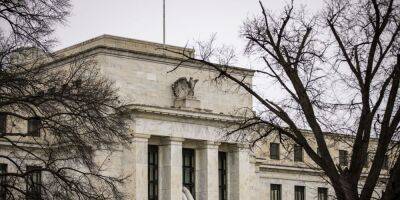UK think tank launches a crusade against 'surveillance' CBDCs
The U.K. Tax Reform Council has launched a campaign against the Bank of England's plan to introduce a central bank digital currency (CBDC). The non-profit organization warns that such a move could seriously harm individual privacy and lead to intrusive changes to the taxation system.
The freshly formed Tax Reform Council includes monetary economist John Chown, cofounder of the Institute for Fiscal Studies, on its advisory board. The Tax Reform Council believes implementing a CBDC would lead to increased government surveillance, greater intrusion from tax authorities and a heightened risk of cyber attacks on the nation's monetary system.
We are pleased to announce the formation of our Advisory Board. pic.twitter.com/6Lpmt3oJ0U
The think tank shares similar concerns to the U.K. Bitcoin (BTC) community which has been vocal in its criticism of CBDCs. Jordan Walker, co-founder of the U.K.’s Bitcoin Collective, explained that “the rollout of CBDCs in the U.K. is dangerous on a matter of fronts. We would be handing over more control of our money to the government and central bank.”
The advisory board economists including Patrick Minford, Julian Jessop and Chown, stated that “the decision of the Bank of England to pursue a British CBDC raises a number of very real concerns.” The group seeks to raise awareness of the “increased government surveillance” that CBDCs may offer.
CBDCs claim to offer greater financial inclusion, reduced costs for businesses and consumers, and increased security. However, Bitcoin already offers these advantages and more: El Salvador banked swathes of its population by introducing the Bitcoin law, while Bitcoin also provides a way out for those living in authoritarian regimes.
In the U.K. the Treasury and
Read more on cointelegraph.com





















